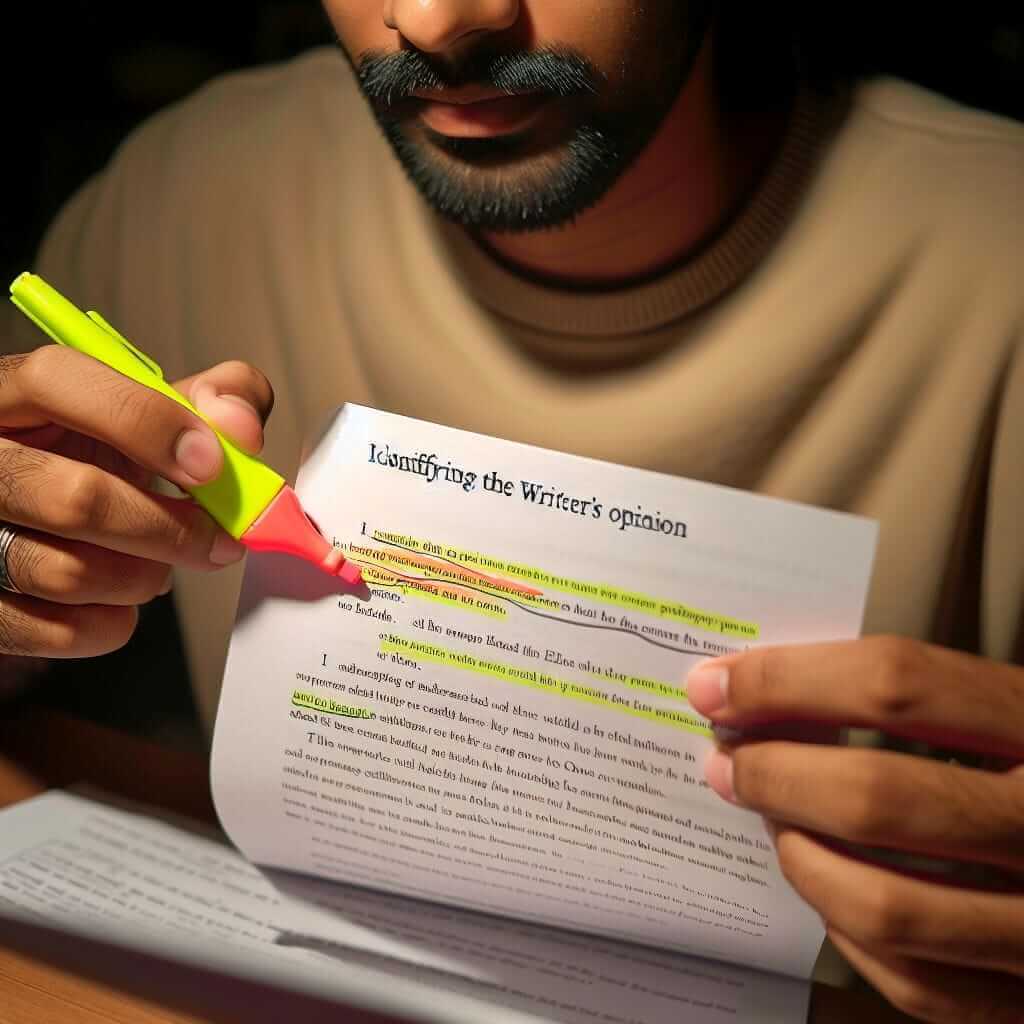Many aspiring IELTS test-takers often wonder, “How to prepare for IELTS in a day?”. While the idea of cramming for such a significant exam in 24 hours might seem appealing, it’s crucial to approach this question realistically.
Understanding the Scope of IELTS Preparation
Before diving into last-minute strategies, it’s essential to grasp the complexity of the IELTS exam. IELTS assesses your proficiency in four key English language skills:
- Listening: Understanding spoken English in various contexts.
- Reading: Comprehending written English across different text types.
- Writing: Expressing yourself clearly and cohesively in written form.
- Speaking: Communicating effectively in spoken English.
Each section demands a strong foundation in grammar, vocabulary, and exam-specific techniques.
Is One Day Enough for IELTS Preparation?
The short answer is: It depends.
- For Complete Beginners: Attempting to prepare for IELTS in a single day with little to no prior English knowledge is highly unrealistic and unlikely to yield positive results.
- For Those With a Solid Foundation: If you already possess a good command of English and are familiar with the IELTS format, a day of focused revision and strategic practice can be beneficial.
How to Make the Most of 24 Hours
While achieving a high band score in a day is improbable for most, here’s how you can utilize your time effectively:
1. Familiarize Yourself with the Test Format
Spend some time understanding the structure, question types, and time limits of each section. Official IELTS practice materials and websites like IELTS.org provide valuable insights.
2. Focus on Your Weaknesses
Don’t try to master everything in a day. Identify your weakest areas (e.g., writing task 2 or listening for specific information) and dedicate more time to those sections.
Example:
If you struggle with identifying the writer’s opinion in reading passages, practice multiple passages focusing solely on this skill.

3. Utilize Timed Practice Tests
Take at least one timed practice test under exam conditions to simulate the real experience. This will help you gauge your current level and identify areas requiring further attention.
4. Review Common Grammar and Vocabulary
Brush up on essential grammar rules (e.g., tenses, articles, prepositions) and review vocabulary related to common IELTS topics like education, environment, and technology.
Example:
Practice using cohesive devices such as “Furthermore,” “However,” and “On the other hand” to enhance your writing coherence and cohesion.
Common Mistakes to Avoid
- Relying Solely on Tips and Tricks: While strategies are helpful, they cannot replace a solid understanding of the English language.
- Neglecting Time Management: Failing to allocate time wisely within each section can severely impact your overall score.
- Panicking During the Exam: Anxiety can hinder performance. Practice relaxation techniques and maintain a positive mindset.
Realistic Expectations and Moving Forward
Remember, preparing for IELTS in a day is not a sustainable approach for most test-takers. Instead, view it as a final push to reinforce your existing knowledge. For optimal results, dedicate sufficient time for comprehensive preparation and consider seeking guidance from experienced IELTS tutors or online resources. Good luck with your IELTS journey!